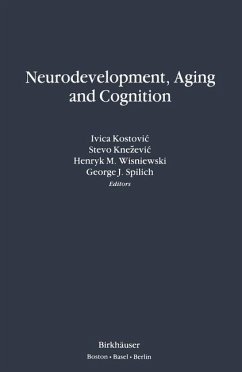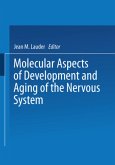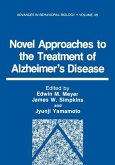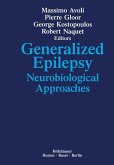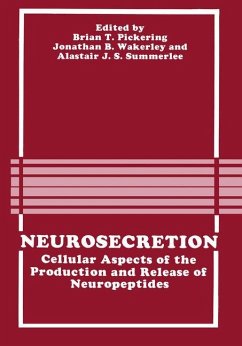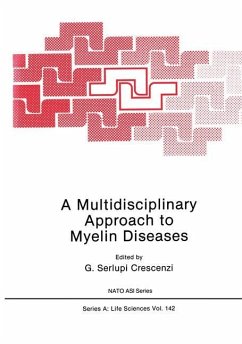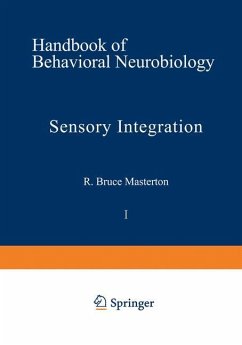It was Oscar Wilde who defined the tragedy of old age by saying that " . . . as soon as you are old enough to know better, you don't know anything at all. " As improvements in the quality of health care bring about longer life, our attention has turned from the prolonging of life to the maintenance of involvement in life. In developed nations, a full 100% increase in the ranks of the elderly has appeared and with the benefits of this prolongation have come new and greater needs of the elderly cohort. Our interest is in those processes that may lead to dementia among the elderly, for in dementia we see a thief that robs victims of their memories and their place in life. This text was conceived and developed from an international con ference on neurodevelopment, aging, and cognition; the purpose of this few days a group of experts in these conference was to bring together for a fields from around the world to generate a dialog on common themes and unresolved problems. Our hope was that by keeping the meeting small and informal, we could break through barriers of terminology unique to the areas of developmental neurobiology, neuroscience, cognitive sci ence, and clinical medicine, and have a meaningful discussion on pro cesses that affect the biological integrity and cognitive performance of the aging nervous system.
Bitte wählen Sie Ihr Anliegen aus.
Rechnungen
Retourenschein anfordern
Bestellstatus
Storno

